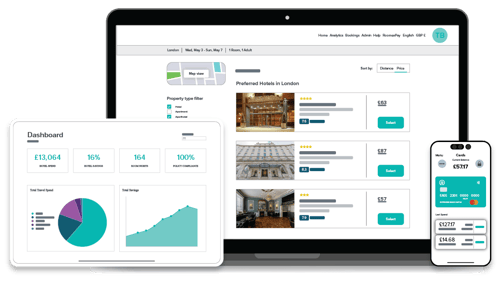For an industry that prides itself on progress, innovation, and cutting-edge technology, the engineering and construction trade has been somewhat slow on the uptake of artificial intelligence (AI). Currently it invests roughly one per cent into technology, that’s significantly less than other areas.
There are perhaps some clear reasons for this.
Despite the construction economy growing by 6.2 per cent annually, technology has been central to the loss of many jobs, with many more to come. It’s estimated that robots will replace up to 20 million factory positions in the next ten years.
That’s not all. Leading technology, such as AI is expensive. Not just a one-off cost, but a continual stream of investment to keep systems up-to-date and relevant.
Nonetheless, this doesn’t alter the fact that AI is also responsible for great progress and development in the industry. From ‘Building Information 3D Modelling’ (BIM), to self-operating systems and enhancing safety systems. For many, AI can outsmart human practice, for better or worse.
So then, what role is AI likely to play as the industry evolves? Let’s take a look..
Budget planning
It won’t come as a surprise that the majority of (69 per cent) constructions go over budget. There’s a number of contributing factors; manpower, fluctuating cost of raw materials, poor procurement, and so forth.
In order to remain competitive, stricter budget control must be addressed. And as you might have guessed, AI is already providing solutions to this. For instance, software giants Doxel promise to deliver construction builds 11 per cent under budget with its smart AI tech.
According to industry experts, AI can help with keeping costs down by; classifying cost data, developing statistical models for estimating, and identifying reference class projects. If it can achieve these promises, it’s role in the future of construction is undisputed.
Challenge new ways of thinking
Experts agree that AI is an obvious asset due to its ability to manage ‘complex analytics’.
Accepting that AI can help solve issues, its technology can be put to good use to overcome industry issues and challenges. Going beyond human capabilities, experts predict that AI can outsmart and perform current ways of thinking, as it continues to; “Embrace the ecosystem concept and understand solutions from other industries.”
If the industry can embrace this as an opportunity and not a threat, AI will undoubtedly grow in significance.
Improve safety
Regretfully, the construction trade has one of the worst safety records, with on-site fatalities five times more likely than any other industry.
Already AI is playing its role in curbing this figure, by improving standards and addressing safety risks and inefficiencies. Suffolk are the perfect example of this, recently developing AI software that identifies potential safety hazards on-site, through photo analysis to help compute ‘risk ratings’.
Similarly, Japanese developer, Komatsu construction, produce automated machinery that has improved safety and productivity at the same time. Coined ‘smart construction’ this offers a glimpse into its growing industry presence.
Better time management
Roughly seven per cent of the world’s labour force works in construction. But what if there were better processes to increase time management and efficiency?
One of the big arguments for AI, is the impact it can have on time management.
Already project managers spend half their working lives on administration tasks, yet AI has the power to alleviate some of these admin-heavy jobs. The result is better time management, freeing professionals up to focus on more important tasks.
With changes already afoot, it’s likely that AI will serve an even greater role in the future of time management.
Improves productivity
Which brings us to the other hot potato: productivity.
The industry might be growing but productivity is stagnant, growing at just one per cent in twenty years. If AI can serve any role, it can be to improve inefficiencies and productivity.
Already this has been seen in the retail supply chain, where AI has reduced manufacturing downtime, reduced oversupply, and increased predictability of shipments.
At a time when everything, from cost savings to logistical planning is scrutinised, it’s likely that AI will play a bigger role in the future.
Final thought
It’s clear that AI is capable of much more than the limitations of humans. It can monitor patterns, keep on top of budgets, plan accurate schedules, develop 3D blueprints, and plug existing gaps in safety, timekeeping and productivity.
All studies point to robots playing a much bigger part in the future of the industry. This all means that engineers and construction professionals will need to embrace AI to stay ahead of the game and remain competitive.

February 25, 2020
